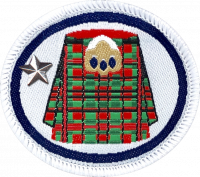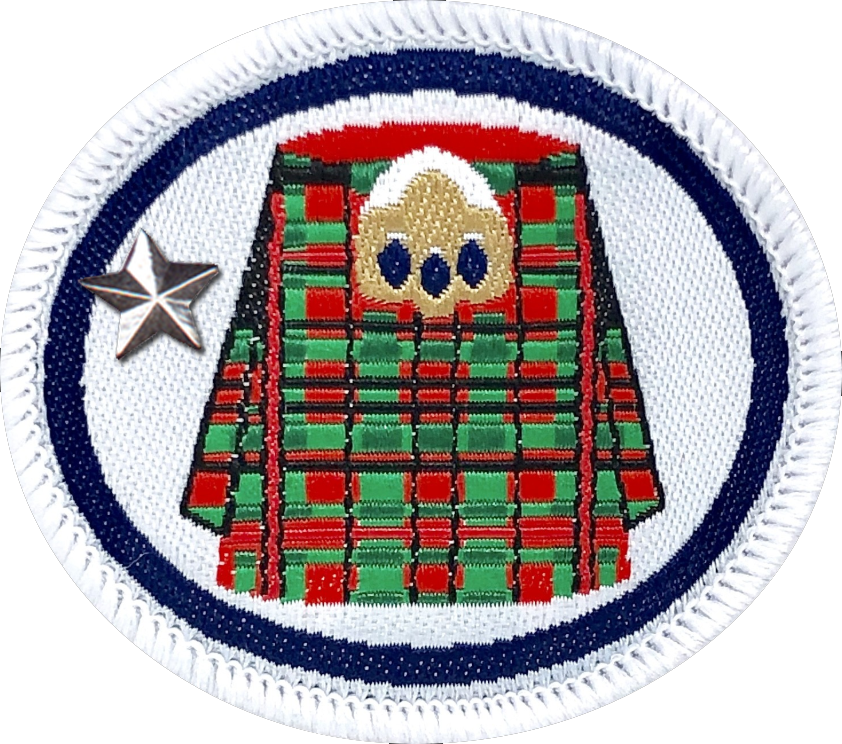Difference between revisions of "AY Honors/Kilts - Advanced/Requirements/en"
(Updating to match new version of source page) |
(Updating to match new version of source page) |
||
| (2 intermediate revisions by the same user not shown) | |||
| Line 1: | Line 1: | ||
{{HonorSubpage}} | {{HonorSubpage}} | ||
| − | <section begin=Body /> | + | <section begin=Body /> |
| − | <b>1. <section begin=req1 /><noinclude></noinclude>Have the basic Kilt | + | <b>1. <section begin=req1 /><noinclude></noinclude>Have the basic Kilt honour. |
<noinclude></noinclude><section end=req1 /></b> | <noinclude></noinclude><section end=req1 /></b> | ||
| − | <b>2. <section begin=req2 /><noinclude></noinclude>Have the Tartan | + | <b>2. <section begin=req2 /><noinclude></noinclude>Have the Tartan honour. |
<noinclude></noinclude><section end=req2 /></b> | <noinclude></noinclude><section end=req2 /></b> | ||
| Line 47: | Line 47: | ||
<noinclude></noinclude><section end=req10 /></b> | <noinclude></noinclude><section end=req10 /></b> | ||
<section end=Body /> | <section end=Body /> | ||
| − | |||
| − | |||
| − | |||
| − | |||
Latest revision as of 19:24, 2 January 2023
1. Have the basic Kilt honour.
2. Have the Tartan honour.
3. Investigate the history of the kilt.
4. Know the historic Gaelic names for the different types of kilts.
5. Be able to model how to put on a Great Kilt.
6. Be able to explain the Dress Act of 1776 and Diskilting Act of 1782. Know whose romantic vision of Gaelic culture and Highland dress brought about the revival of the kilt.
7. Be able to name/identify kilt accessories, such as: sporrans, kilt pin, sgian dubh (pronounced skeean doo), and ghillie brogues.
8. Do one of the following to see how tartans and kilts are made:
- a. Take a mill tour at the Lochcarron of Scotland Visitor Centre in Selkirk.
- b. Visit the Lochcarron Weavers Shop in Loch Carron in Wester Ross, Highlands.
- c. Visit a local kilt maker.
- d. If you live outside of the UK and none of these are possible, watch documentary videos on the subject and interview a kilt maker by phone or by email.
9. Wear a men’s kilt, ladies tartan skirt, or an equivalent to an event.
10. What spiritual application can you draw from kilt-making, history and evolution of the kilt, or another aspect of this honor? Write a devotional thought from this and be sure to include a corresponding Bible verse with your thought.



